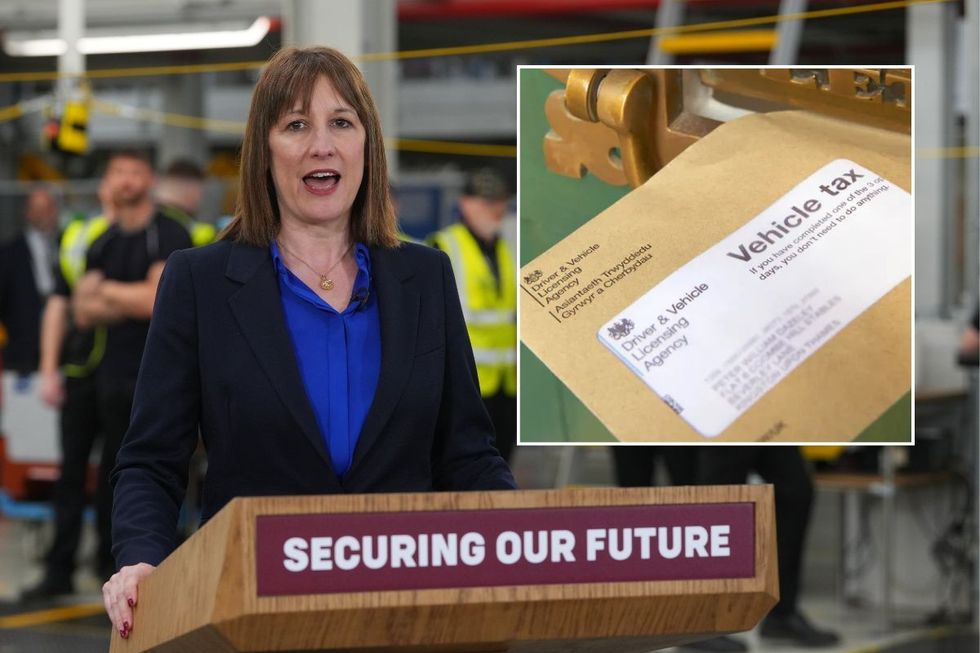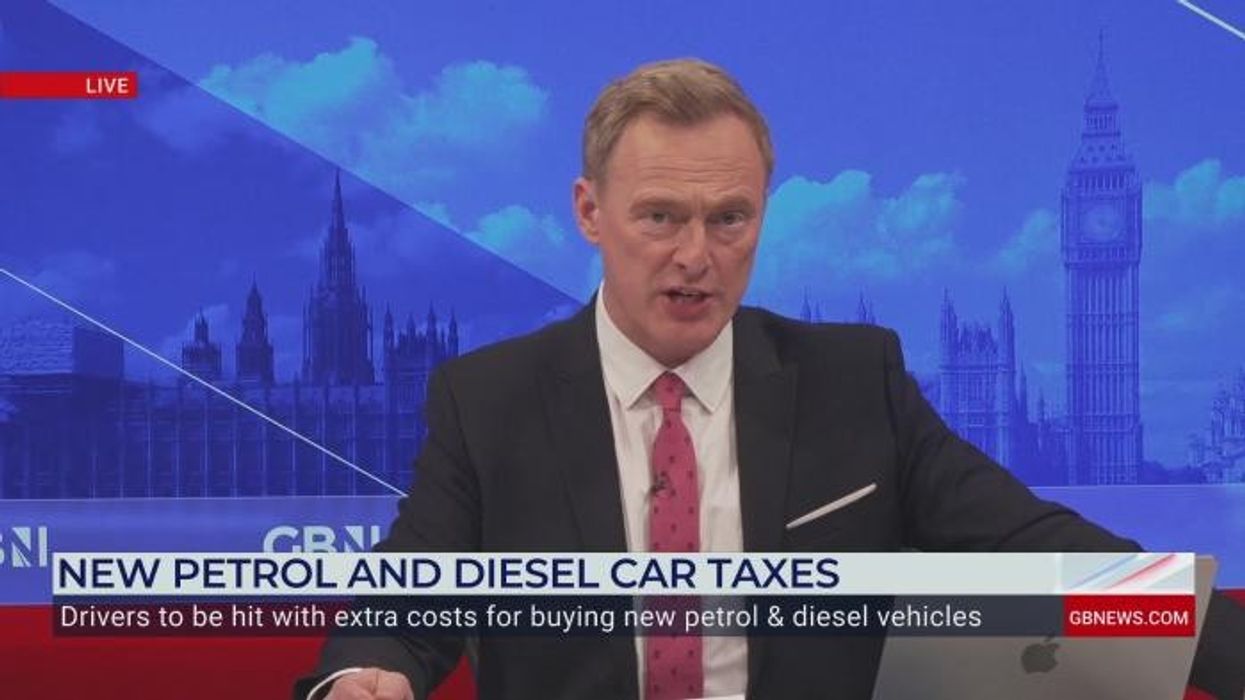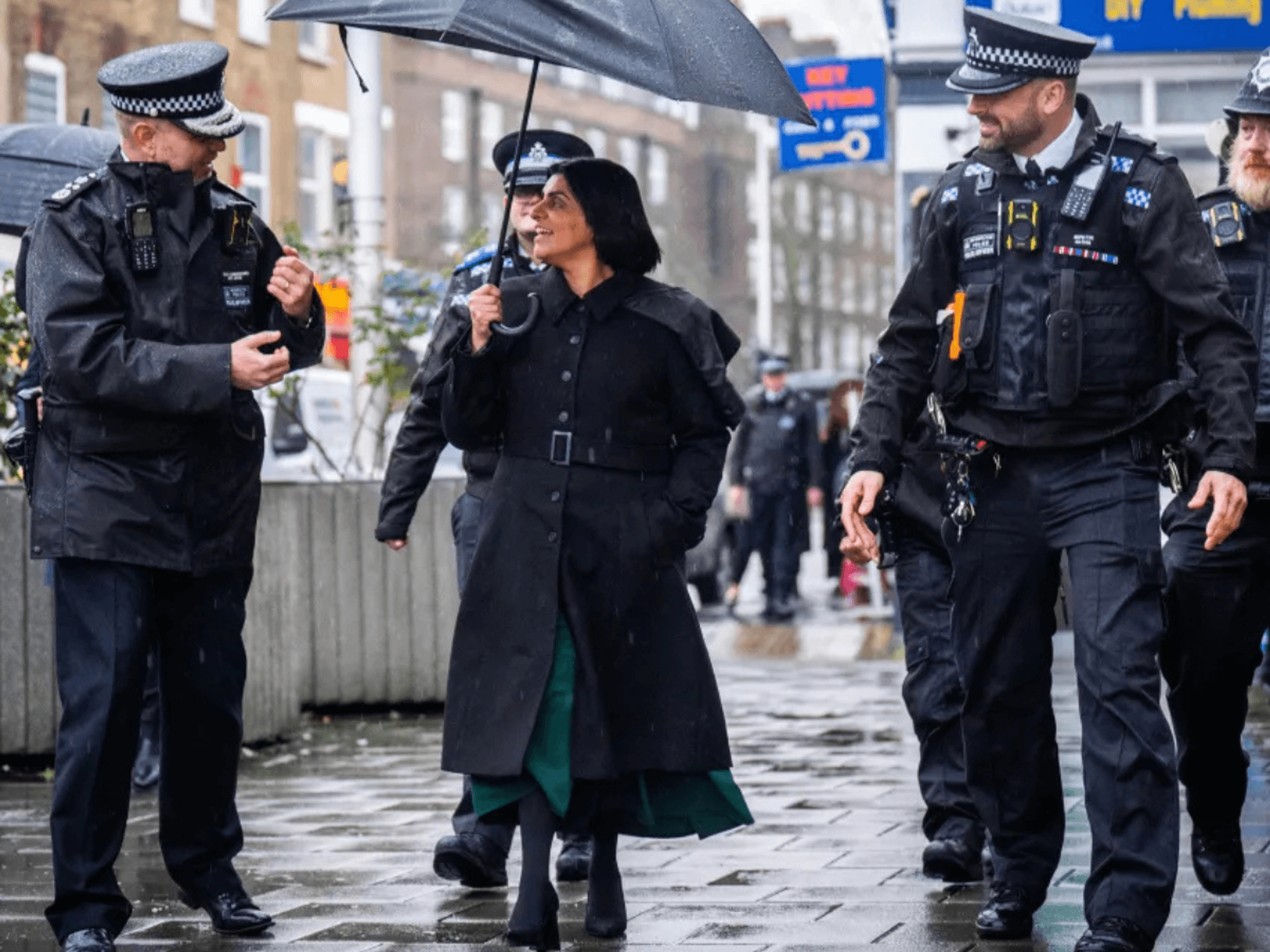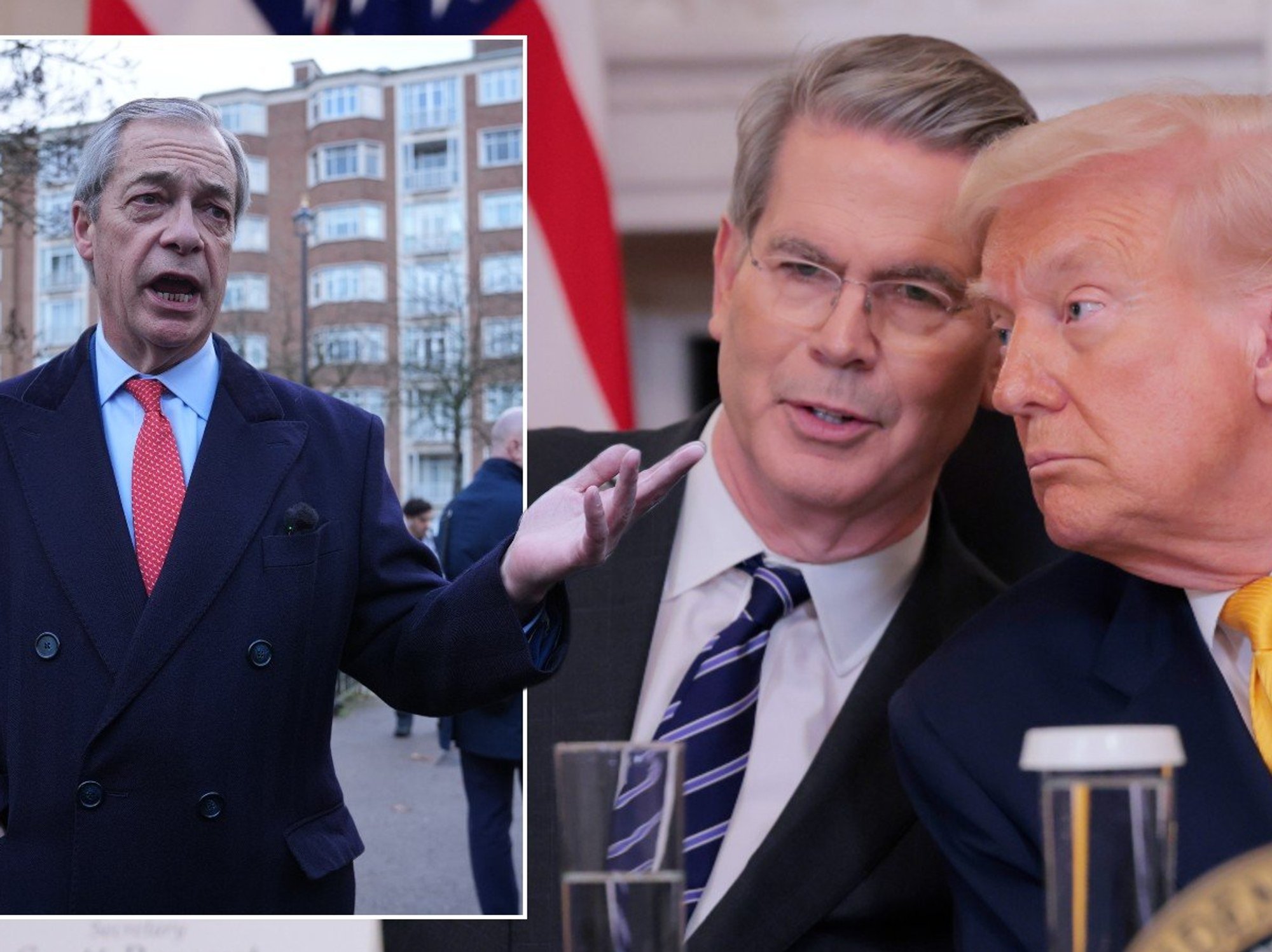Rachel Reeves could launch fresh car tax changes soon as Treasury considers new rules for drivers

Changes to the Expensive Car Supplement could be introduced in this year's Autumn Budget
Don't Miss
Most Read
Latest
HM Treasury is considering raising the £40,000 luxury car tax threshold specifically for electric vehicles to help drive adoption rates.
The Government recognised the "disproportionate impact" of the current Expensive Car Supplement threshold on those purchasing zero emission cars with the £425 charge.
However, it stated that it would only consider raising the threshold for EVs at a "future fiscal event".
Electric vehicles became liable for the expensive car allowance, known as the luxury car tax, from April this year.
Do you have a story you'd like to share? Get in touch by emailing motoring@gbnews.uk

The Treasury could announce new car tax rules in the near future to boost EV uptake
|PA/GETTY
The annual surcharge of £425 applies from years two to six after purchase on any new vehicle with a ticket price above £40,000.
The threshold includes optional extras and is based on the manufacturer's official list price, not the price actually paid by the customer.
There have recently been calls for the threshold to be hiked to a more suitable price, with experts suggesting a better rate of £50,000 or £52,000.
It has been pointed out that the Expensive Car Supplement has not risen in line with inflation since it was introduced for higher-end petrol and diesel models.
A Treasury spokesperson told Fleet News: "As announced at Autumn Budget 2024, the Government will consider raising the expensive car supplement threshold for EVs only at a future fiscal event to make it easier to buy zero-emission cars."
It comes as new analysis from Ayvens suggests that almost two-thirds (64 per cent) of electric cars currently available on the UK market fall foul of the tax.
The £40,000 threshold was introduced by the coalition Government in 2015, when it was expected to apply to just five per cent of new cars.
The vehicle leasing company has now urged the Government to make a decision sooner rather than later, with delay set to cost fleets dear.
LATEST DEVELOPMENTS:
Year-to-date, new battery electric vehicle registrations have a market share of 20.7 per cent, although this is below the 28 per cent required under the Zero Emission Vehicle mandate regulation.
Trade bodies, including the Association of Fleet Professionals, the British Vehicle Rental and Leasing Association and the Society of Motor Manufacturers and Traders, have all called for the threshold to be changed to help stimulate new and used markets.
Despite calls to make the change in March's Spring Statement, Labour Chancellor Rachel Reeves failed to make any changes to the ECS.
The Treasury spokesperson added: "Our approach ensures fiscal stability while providing incentives through the tax system such as freezing Vehicle Excise Duty first year rates for EVs to encourage the transition to electric and zero-emission vehicles."
 The Expensive Car Supplement applies to all vehicles with a list price of more than £40,000 | PA
The Expensive Car Supplement applies to all vehicles with a list price of more than £40,000 | PAThe update from the Treasury comes after a letter sent by Future of Roads Minister Lilian Greenwood to a local MP confirmed that increasing the threshold was still being considered.
In 2022, the then-Chancellor Jeremy Hunt announced the luxury car tax would also apply to EVs, including plug-in hybrids, from April 2025.
During the same Autumn Budget, the Conservative Chancellor confirmed that zero emission vehicles would also be required to pay Vehicle Excise Duty.
These changes were confirmed last month, with electric vehicle owners now paying the standard rate of VED, setting them back £195.











